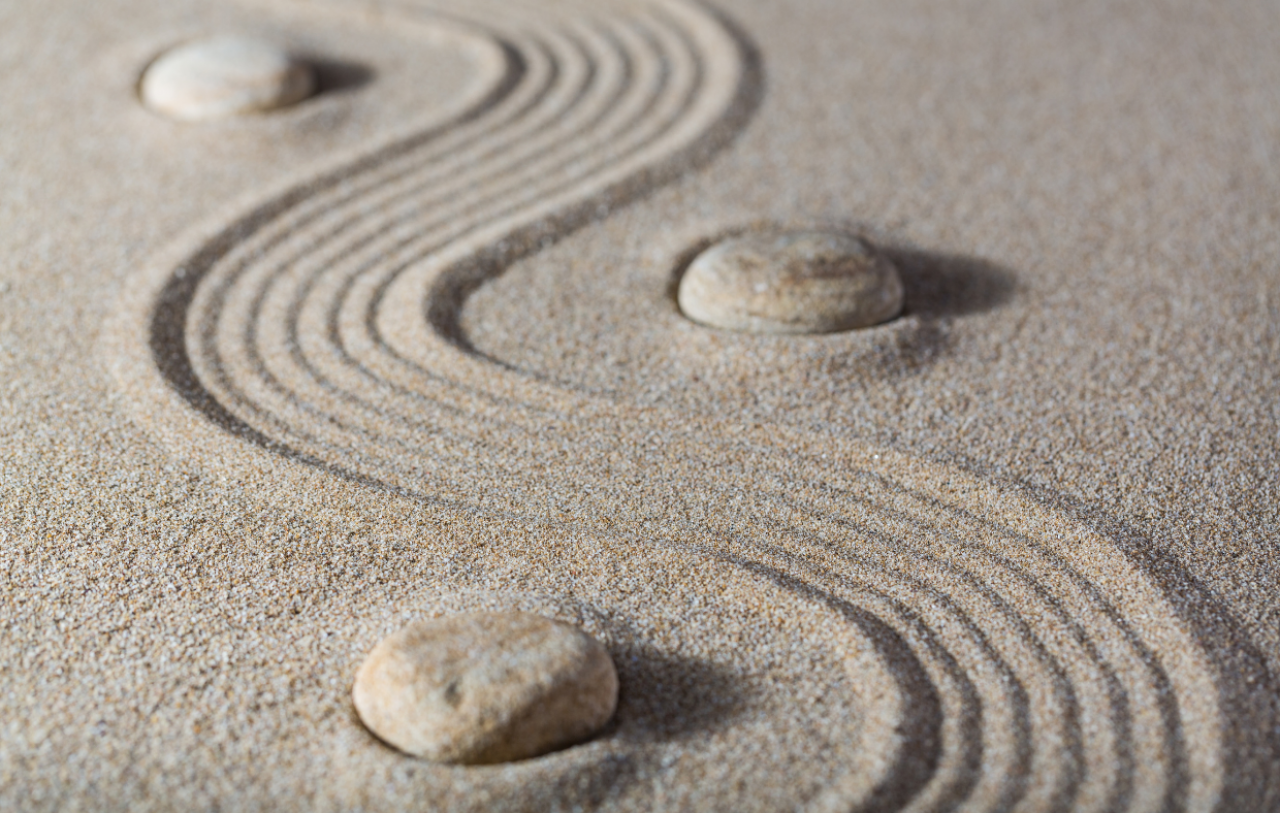Many years ago, a patient came to see me because she was feeling deeply depressed about the death of her newborn. As a psychiatric nurse practitioner, I am trained in several modalities (or methods) to help patients. I listened carefully as my patient described her endless sorrow and her attempts to keep her baby’s memory alive and with her at all times. She was clearly suffering and by her own account, her suffering was also affecting her family, including her other children who needed her.
I asked the patient whether she had a spiritual practice, and she told me she was Catholic. As a person of faith myself, I knew the power of ceremony in letting go, in helping grief take its course, and eventually allowing closure. I recommended she talk to her priest, and working together, we were able to help her transform her grief into meaning which helped her to re-engage in her life.
I am trained in allopathic (or Western) medicine, and I respect my licensure and scope of practice. I also respect the value of traditional and spiritual healing. I see how they can be blended to address pain and suffering, and to bring a deeper sense of wellbeing.
At MCHC Health Centers, we strive to care for the whole person by providing patient-centered medical, dental, and behavioral healthcare. We know that emotional stress can cause physical problems. We know that physical pain can cause emotional distress. We also know it can be hard to separate the precise causes and effects of a health problem without considering all the factors that influence a person’s wellness.
To be physically, emotionally, and spiritually healthy, one must find balance. In a health center like MCHC, we prescribe medication and treatments backed by science; we use evidenced-based approaches that are proven effective. This does not mean we cannot see value in other treatments.
If you are engaging in holistic, traditional, or alternative healing, it is important to share this with all your healthcare providers, so they can understand your belief system and also keep you safe (e.g., some herbs interact poorly with pharmaceuticals). Science continues to evolve and treatments that were once considered unconventional are now part of mainstream medicine. So, maybe your practices will be the next evolution of modern medicine. Who knows? Either way, all of your healthcare practitioners and healers should be aware of one another so their treatments are not at odds.
When it comes down to it, everything you put in your body is either a medicine or a toxin. Healthy food is medicine. Water is medicine. Herbs can be medicine. Pharmaceuticals can be medicine. Sometimes these are simply different routes to the same effect in your body.
For example, aspirin is a pharmaceutical anti-inflammatory. Some people go to the drug store to pick it up. Aspirin is derived from salicin, which comes from willow bark. Willows are often used to build Native American sweat lodges. Some people access the healing power of salicin there. Both are valid.
Another example is hormones. Hormones such as dopamine, serotonin, oxytocin, and endorphins are natural mood boosters. Drugs can affect hormone levels; so can laughter, exposure to sunlight, how much sleep you get, spending time with friends, and eating certain foods. (Spicy foods can trigger an endorphin release. Beans, eggs, meats, and almonds can trigger a dopamine release.)
Not all alternative medicine is helpful or effective. Trust your own experiences. Educate yourself. And most of all, be open with your healthcare providers.
Xochilt Martinez, NP, is a psychiatric nurse practitioner at MCHC Health Centers—a community-based and patient-directed organization that serves Mendocino and Lake Counties, providing comprehensive primary healthcare services as well as supportive services such as education and translation that promote access to healthcare. Learn more at mchcinc.org.

 MyChart Login
MyChart Login

